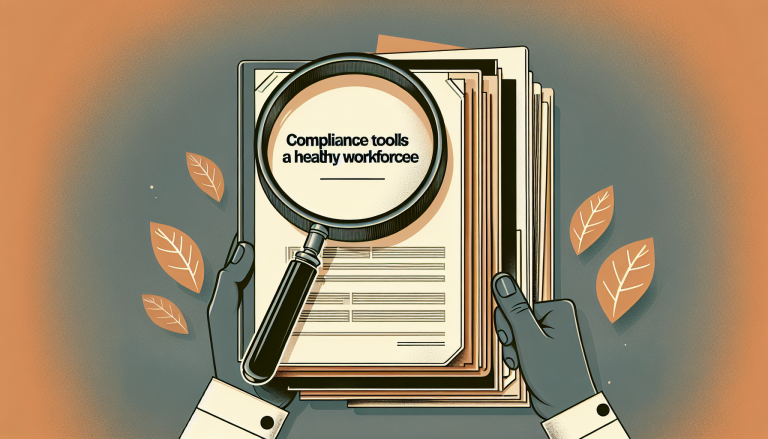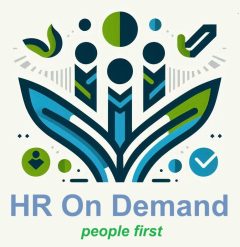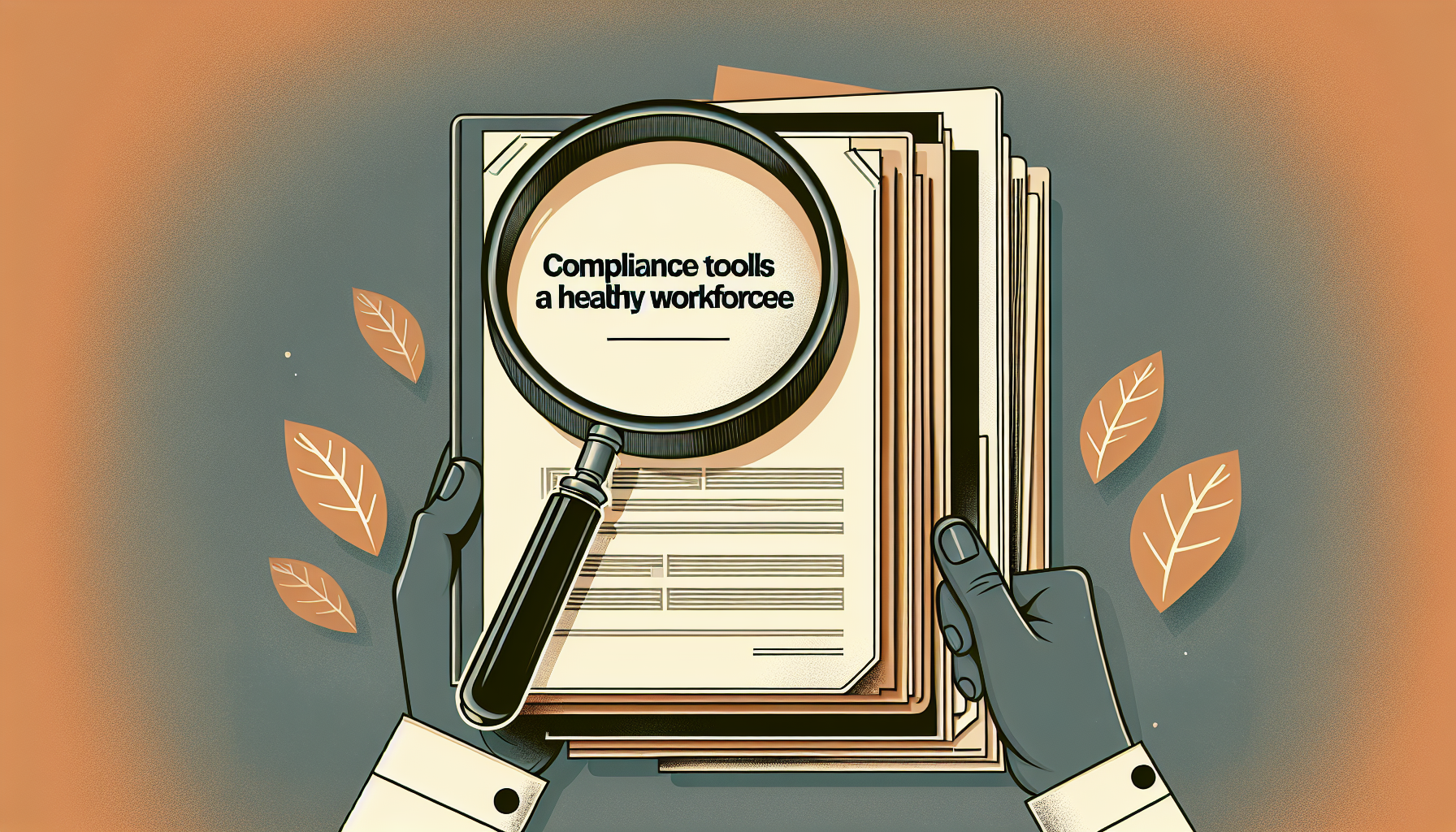Top 5 Compliance Tools Every HR Manager Needs: Simplify Regulatory Challenges with These Essential Tools
As HR managers navigate the complex landscape of regulatory compliance, having the right tools at their disposal can make all the difference. In today’s ever-evolving business environment, it’s crucial for small and medium-sized organizations to stay ahead of the curve and ensure they are meeting all necessary compliance requirements.
In this article, we’ll explore the top five compliance tools that every HR manager should consider implementing to streamline their operations, mitigate risks, and maintain a healthy, compliant workforce.
1. Employee Onboarding and Training Platform
Effective onboarding and training are the foundation of a compliant organization. An integrated employee onboarding and training platform can help HR managers ensure that new hires are properly informed about company policies, legal requirements, and best practices from the start. These platforms often include features such as:
– Interactive tutorials and e-learning modules
– Centralized documentation and policy management
– Automated onboarding checklists and workflows
– Compliance-focused training on topics like harassment, data privacy, and workplace safety
By leveraging a comprehensive onboarding and training platform, HR managers can minimize the risk of compliance issues arising from employee knowledge gaps or oversights.
2. Payroll and Time Tracking Software
Accurate payroll and time tracking are critical components of regulatory compliance, especially when it comes to labor laws and wage and hour regulations. Investing in a robust payroll and time tracking solution can help HR managers ensure that employees are properly compensated, overtime is calculated correctly, and all necessary payroll taxes and deductions are handled appropriately.
Look for software that offers features such as:
– Automated time and attendance tracking
– Integrations with accounting and HR systems
– Compliance with local, state, and federal payroll regulations
– Comprehensive reporting and auditing capabilities
By streamlining these essential HR functions, HR managers can reduce the risk of costly fines and penalties associated with payroll-related compliance infractions.
3. Employee Handbook and Policy Management System
A well-crafted employee handbook and comprehensive policy management system are crucial for maintaining compliance in the workplace. These tools can help HR managers clearly communicate company policies, establish expectations, and ensure that all employees are aware of their rights and responsibilities.
An effective employee handbook and policy management system should include:
– Centralized storage and version control for all company policies
– Automated policy updates and employee acknowledgment tracking
– Customizable templates and guidelines for policy creation and revision
– Integration with employee onboarding and training platforms
By providing a centralized, accessible resource for company policies, HR managers can minimize the risk of non-compliance and demonstrate their commitment to upholding legal and ethical standards.
4. Compliance Tracking and Reporting Software
Keeping track of the various compliance requirements, deadlines, and reporting obligations can be a daunting task for HR managers. Compliance tracking and reporting software can help streamline this process by providing a single, centralized platform for managing all compliance-related activities.
These tools often include features such as:
– Customizable compliance calendars and automated alerts
– Comprehensive reporting and data visualization capabilities
– Integration with other HR and business systems
– Compliance auditing and risk assessment functionalities
By leveraging a dedicated compliance tracking and reporting solution, HR managers can stay on top of regulatory changes, maintain a clear audit trail, and demonstrate their organization’s commitment to compliance.
5. Employee Feedback and Whistleblower Hotline
Cultivating a culture of transparency and open communication is essential for maintaining compliance within an organization. Employee feedback and whistleblower hotline tools can empower employees to voice their concerns and report any suspected violations or unethical behavior.
These types of compliance tools typically offer:
– Secure, anonymous reporting channels for employees
– Comprehensive case management and investigation capabilities
– Customizable communication and escalation workflows
– Detailed reporting and analytics to identify compliance risks
By providing employees with a safe and reliable way to report compliance issues, HR managers can proactively address concerns, mitigate risks, and foster a culture of accountability and integrity.
Implementing these top five compliance tools can help HR managers in small and medium-sized businesses navigate the ever-changing regulatory landscape with confidence. By streamlining compliance-related tasks, enhancing employee engagement, and demonstrating a commitment to ethical practices, HR leaders can position their organizations for long-term success and minimize the risk of costly compliance-related issues.
As one HR manager remarked, “Regulatory compliance can feel like a constant uphill battle, but with the right tools and systems in place, we can turn it into a strategic advantage for our organization.”





